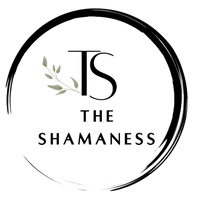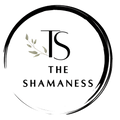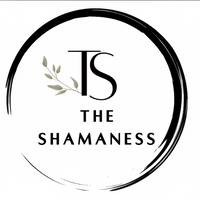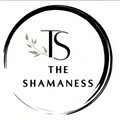Psoriasis and atopic dermatitis are skin affections that are apparently related to self-attack of the body and have a genetic component. They are most frequent among people having type O blood (in which cases, consider adaptation of the diet to the blood type).
Psoriasis is typified by thickened, irritated, and/or reddish skin, in various body parts, but particularly on the external parts of joints (elbows, knees).
Dermatitis affects about one in every five people at some time in their lives. Acute eczema refers to a rapidly evolving red rash that may be blistered and swollen. Chronic dermatitis refers to a longstanding irritable area. It is often darker than the surrounding skin, thickened, and much scratched.
Atopic dermatitis mostly appears at a young age, until adolescence. It frequently appears as reddish peeling-off of skin on skin folds: inside the elbow area, armpits, neck, and palm.
Psychological stresses can provoke or aggravate dermatitis and psoriasis, presumably by suppressing normal immune mechanisms.
The medicinal ointments currently prescribed to treat dermatitis frequently contain steroids. Aggravation or instigation may also be due to the accumulation of toxins, such as due to allergies, hormonal changes, smoking, and prolonged constipation.
Synthetic Medications
Topical ointments prescribed for dermatitis frequently contain synthetic steroids. These are intended to calm excessive reactions of the immune system but may cause many side effects: skin thinning, damaged liver functions (which may aggravate dermatitis in the long term), and swelling. If infection by bacteria stimulates dermatitis, antibiotics are also prescribed.
UV radiation
Ultraviolet radiation helps to suppress inflammatory processes in the skin and is an accepted treatment for psoriasis. Such radiation is the major reason for the beneficial effect of the Dead Sea, where longer exposure to the sun is possible because some of the radiation is absorbed by the thicker atmosphere.
The drawbacks of this treatment include the increased risk of skin cancer, and the long time necessary for exposure to radiation.
Anti-inflammatory herbal compositions
Hypericum perforatum (St John’s wort) is a traditional herbal medicine used for the topical treatment of superficial wounds, burns, and dermatitis. The characteristic metabolites of St John’s wort are the photodynamic active plant pigment hypericin and the phloroglucin-derivative hyperforin. Researchers have investigated the immunomodulatory properties of St. John’s wort (Hypericum perforatum) ointment, and the Hypericum metabolite hyperforin, in vitro and in vivo, and compared the effects with the immunosuppressive effects of solar-simulated radiation.
The results showed that both the Hypericum ointment and the solar-simulated radiation reduced type-T lymphocyte reaction in epidermis cells; this is the reaction involved in psoriasis and dermatitis.
A strong anti-inflammatory effect is also found in Helichrysum italicum and in other steroid-rich plants.
To complete the topical herbal treatments, detoxification is strongly recommended, using the Detox Infusion. Adaptation of the diet to the blood type can help; periodical baths with Dead Sea salts, which are rich in trace elements can be helpful, and so can the use of food supplements such as selenium and zinc.
YABLIT Psoriasis, Atopic Dermatitis, Warts, Moles and Tags; Pityriasis Versicolor Treatment Cream

General Description: A mixture of herbal extracts and Dead Sea minerals, for treating severe phenomena on the skin, such as dermatitis, eczema, and psoriasis. Also eliminates viral warts, moles, and tags.
Properties:
- Anti-inflammatory.
- Provides the skin with signals to heal itself.
Suggested Ingredients: Extracts in jojoba oil of Anchusa strigosa, Helichrysum italicum along with Dead Sea minerals, inula viscose, fig leaf, Asphoedilus, and quince seed extracts.
Usage instructions:
-
For Psoriasis: Massage to complete absorption onto affected areas, 2-3 times a day.
-
For Dermatitis: Massage to complete absorption onto affected areas, 2-3 times a day.
Limitations: Do not use on large skin surfaces for children aged under 4. For such ages, perform the treatment for Dermatitis using the REGAL Skin Regenerating Ointment and the TOVA Skin Protecting Ointment interchangeably.
Comments:
- The Detox Infusion is ideally taken in conjunction with the treatment (only for ages above 8).
- In any case of allergic reaction or irritation, discontinue the treatment immediately.
- The REGAL Skin Regenerating Ointment helps to soothe irritated skin between treatments.







